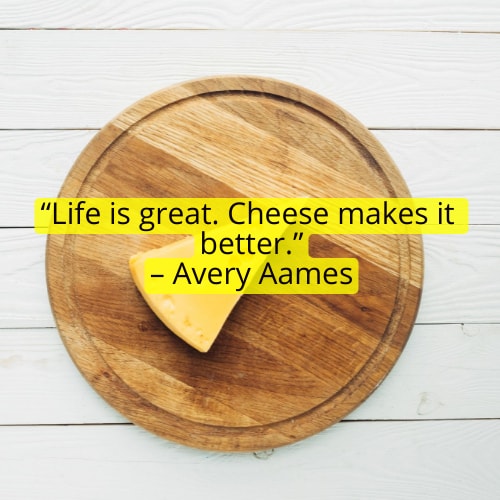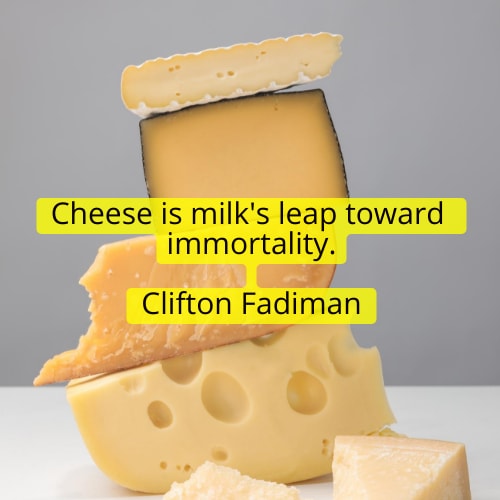Cheese needs to be more sustainable – here are three innovations to keep it tasty
Camembert, mozzarella, or gouda are just three examples of cheese produced all around Europe. The origin of this food traces back to 8000 years BC when our ancestors domesticated goats and started making goat cheese. Since then, the craft has spread from the Middle East to Egypt and Greece, with the creation of more than 1800 kinds of cheese that we have today.
As nutritious as they can be, dairy products have a considerable adverse impact on the environment. According to research by the University of Manchester, England, the carbon footprint of a kilogram of cheddar is 14 kg of CO2 equivalent.
Don’t give up hope though, there are sustainable alternatives to one of your favorite foods! Companies and research centers are coming up with environmentally friendly – yet tasty – options. Ready for a cheesy journey?
Plant-based gouda
Last May, Mr. & Mrs. Watson – a vegan food-tech company based in Amsterdam, the Netherlands – launched the first sliced cheese made from plant-based milk. Specifically, they made cheese using protein from faba beans.
Similar to regular cheese, bean protein is fermented using traditional processes. This is done in combination with new methods that make use of the potential of vegetal protein. This is how they can offer an alternative that provides satisfying nutritional value. The start-up also announced a second funding round, to enable an international roll-out in two years.
Amsterdam-based food-tech company launches first Dutch cheese wheel from plant milk
The Netherlands is putting itself back on the map as a cheese country. Mr. & Mrs. Watson – a vegan food-tech company based in Amsterdam … Continued
Yellow split peas for making cheese
It’s no mystery that legumes are the basis of many alternatives to meat-derived products. Legumes are rich in proteins and nutrients – such as potassium, iron, and fiber. Peas are no exception. Therefore, researchers at the University of Copenhagen, Denmark, have also used…
..


